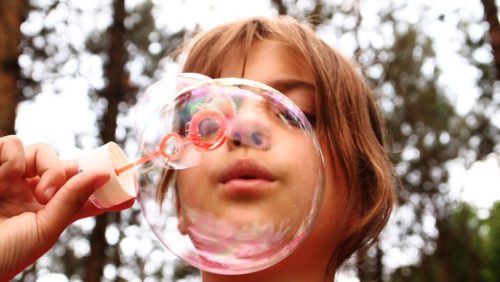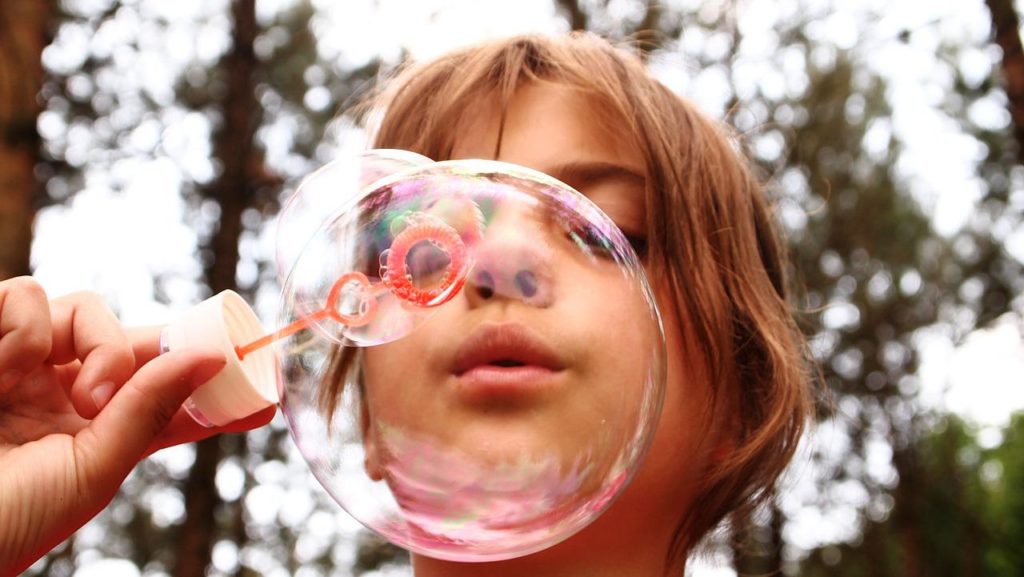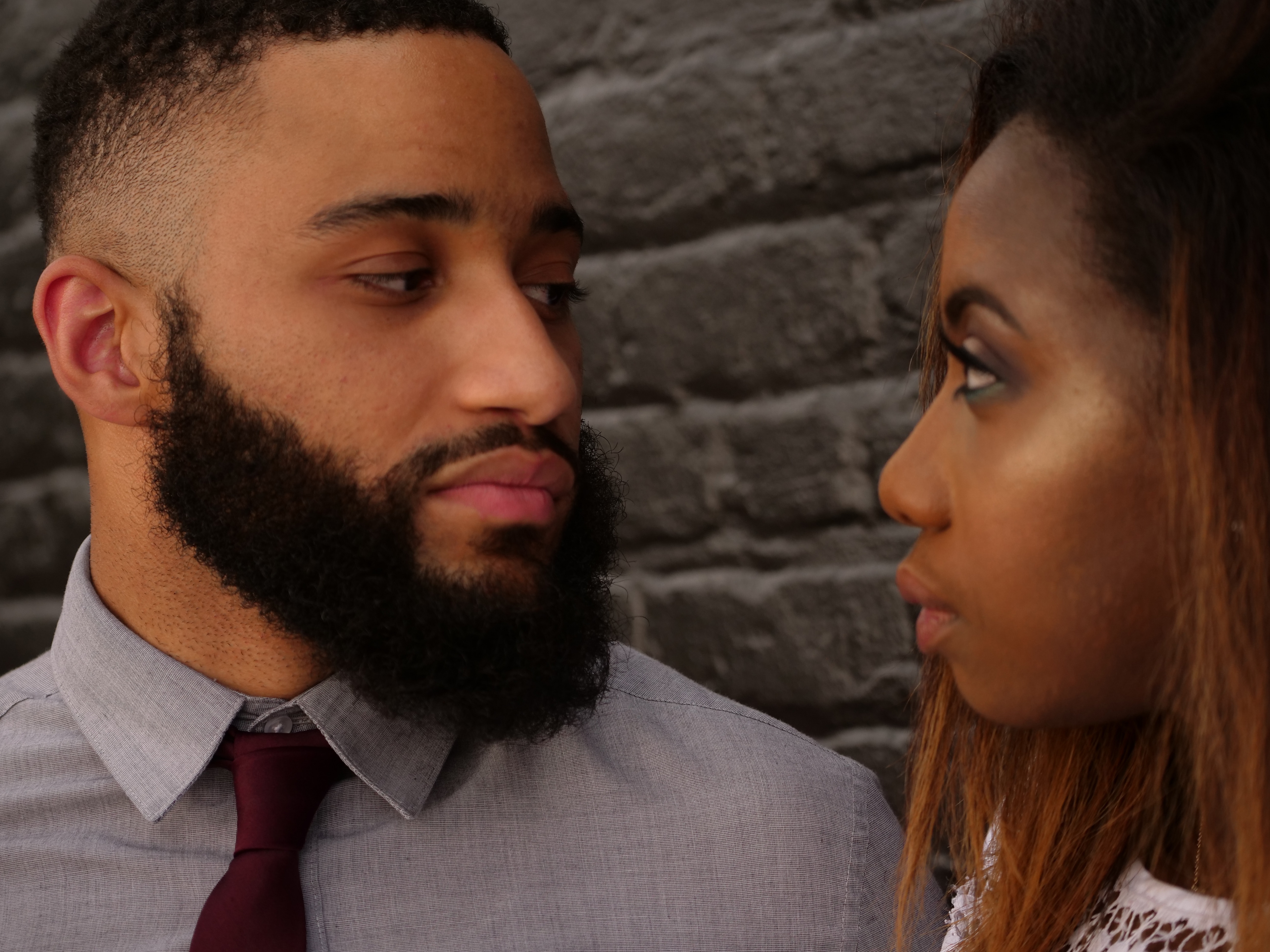
There’s a commonly held myth that women are more “relational” than men, but something I’ve learned about men over the years is that they’re passionate about connection. Even when they may outwardly suppress their interest in the intricacies of emotional dynamics, or when they’ve been conditioned to act like they’re more invested in careers or hobbies, men desire intimacy as much as women. The bond with their romantic partner feeds them. So does ongoing, reliable connection with friends.
Recently, I was struck by an exchange that took place between my husband and one of his former work colleagues, who’d been experiencing struggles with his girlfriend. “Shouldn’t relationships be easy when you’re meant to be together?” his friend texted him. “Look at you and your wife! You adore each other and get along really well.”
Later, my husband showed me the text he sent in response: “True, but I’ve had to change. Marriage is presented to us the wrong way. All that BS about find someone who lets you be you. That doesn’t work. From my experience, I would tell everyone, Be prepared to change and to change dramatically because your reality is about to collide with a completely different one. You have to create a new reality if you want your marriage to last.”
You Can Change How You DO Relationships

When my husband and I first met, neither of us had much experience with what psychologists refer to as “secure attachment.”
Someone capable of secure attachment feels safe relying on another person. They’re comfortable being intimate and vulnerable, and they’re able to stay grounded in a solid sense of their own self-worth even when things go awry. A securely attached individual has learned to take responsibility for their own failings and imperfections, even when someone else finds fault with them. They’re not ashamed of their attachment longings, sometimes referred to as “neediness,” and they’re able to recognize and communicate their wants clearly and directly, without resorting to guilt or manipulation.
Fourteen years ago, neither of us would have been able to claim even a small portion of that description. My husband and I tended to vacillate between avoiding intimacy or pursuing it in self-defeating ways.
Soon after we started dating, our relationship got so challenging, we sought couples therapy. We knew from our numerous past romantic relationships that the common denominator in all of those other failed attachments wasn’t someone else—it was us. If we didn’t change, neither would the way we related to an intimate partner.

So we went “all in” with each other. Even in the midst of the fire and brimstone of our very different realities colliding, we didn’t quit. We were determined to grow past our pasts. Although we had no idea where our work would take us, we began to seal our exits and face some hard truths about ourselves. We stopped looking for a way out and began experimenting with new ways in: new responses, beliefs, viewpoints, and interactions, even when the uncertainty felt overwhelming.
Openness and Willingness to Change are the First Steps to a Healthy Relationship
For many couples at the beginning of a relationship, getting to where they can be open to the possibility of change is the first and maybe biggest step. A healthy relationship doesn’t always start out feeling “natural.” Sometimes, when there’s a childhood history of trauma, neglect or abuse, the path toward growth includes periods of intense discomfort and anxiety.
According to Amir Levine and Rachel Heller in their book Attached, access to an inner foundation of “secure attachment” isn’t a given. Research shows that only half the population meets the definition of “securely attached.” For the rest of us, it must be worked for and earned.
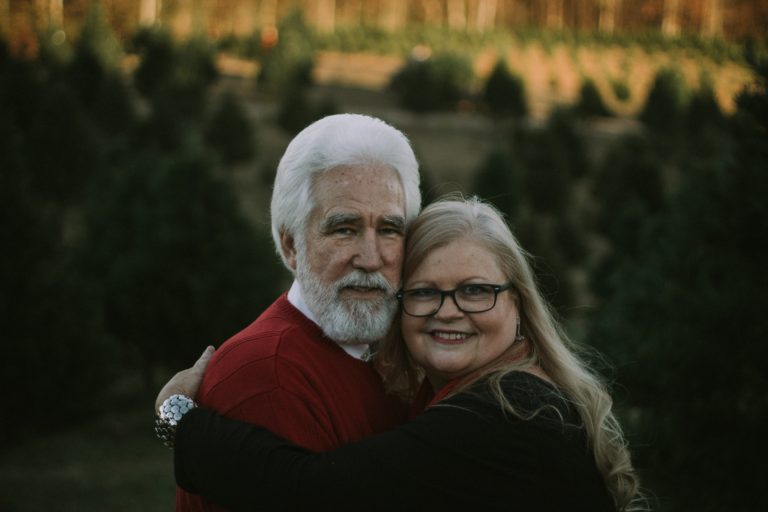
It’s not always clear whether the partner you’re with can create a healthy relationship with you. But if your partner is willing to grow alongside you, to shift out of old ways of being—however gradually—and to seek and accept guidance from other sources, whether mentors, coaches, therapists, healers, and spiritual guides, there’s a strong chance your relationship can evolve into one where ease, trust, love, and connection are the norm.


